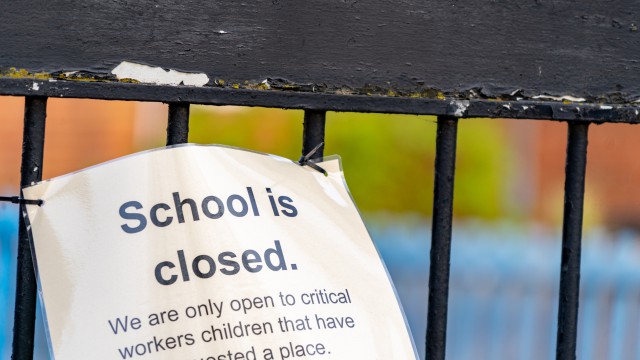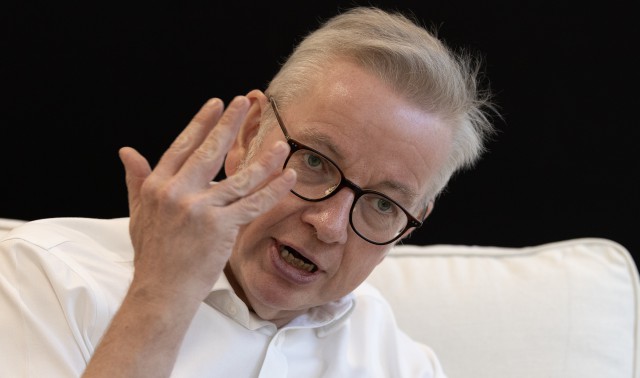Michael Gove, former UK Cabinet Minister, has voiced his concerns about the decision to close schools during the Covid pandemic. In a candid statement, he admitted that he now worries that it may have been a mistake to keep children out of school for an extended period of time.
Lockdown Blamed for Rise in Crime and Antisocial Behavior
Gove also pointed to the negative consequences of the lockdown, attributing it to the rise in knife crime and antisocial behavior among teenagers in Britain. He emphasized the need to address the issue and acknowledged his own personal responsibility in the matter.
Tragic Case of Schoolgirl's Death
Gove's remarks come in the wake of a tragic incident where 15-year-old schoolgirl Elianne Andam was stabbed to death on her way to school in Croydon, south London. This devastating event has further highlighted the importance of school safety and the potential consequences of prolonged school closures.
Backtracking on Pro-Lockdown Stance
Gove, who was known for his support of lockdown measures during the pandemic, admitted that he now questions the decision to close schools. While he believes that overall more judgments were right than wrong, he acknowledges that the closure of schools was one of the most difficult decisions and one that worries him the most in terms of its repercussions.

Impact on Children's Well-being
Gove expressed concern over the negative effects of truancy and persistent absence from school, stating that these factors can lead to antisocial behavior, gang involvement, and criminal activity among young people. He emphasized the importance of getting children back into the classroom as a priority.
Tackling Antisocial Behavior
Gove condemned recent acts of antisocial behavior, such as the vandalism of the famous Sycamore Gap Tree at Hadrian's Wall, and stressed the need to address such issues. However, he declined to criticize former Prime Minister David Cameron's "hug a hoodie" approach, suggesting instead that a supportive and guiding approach could be more effective in encouraging troubled youth to return to school.








